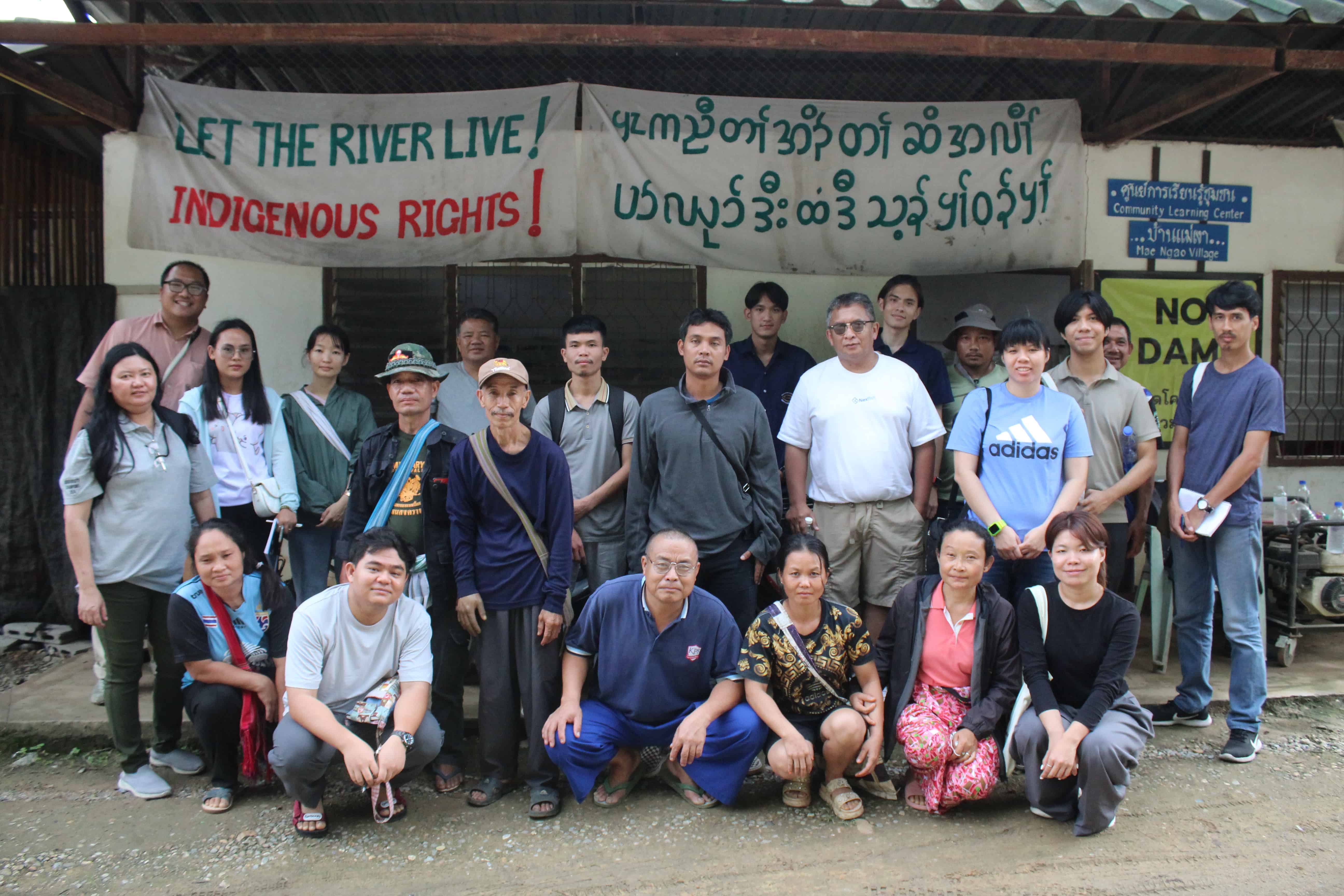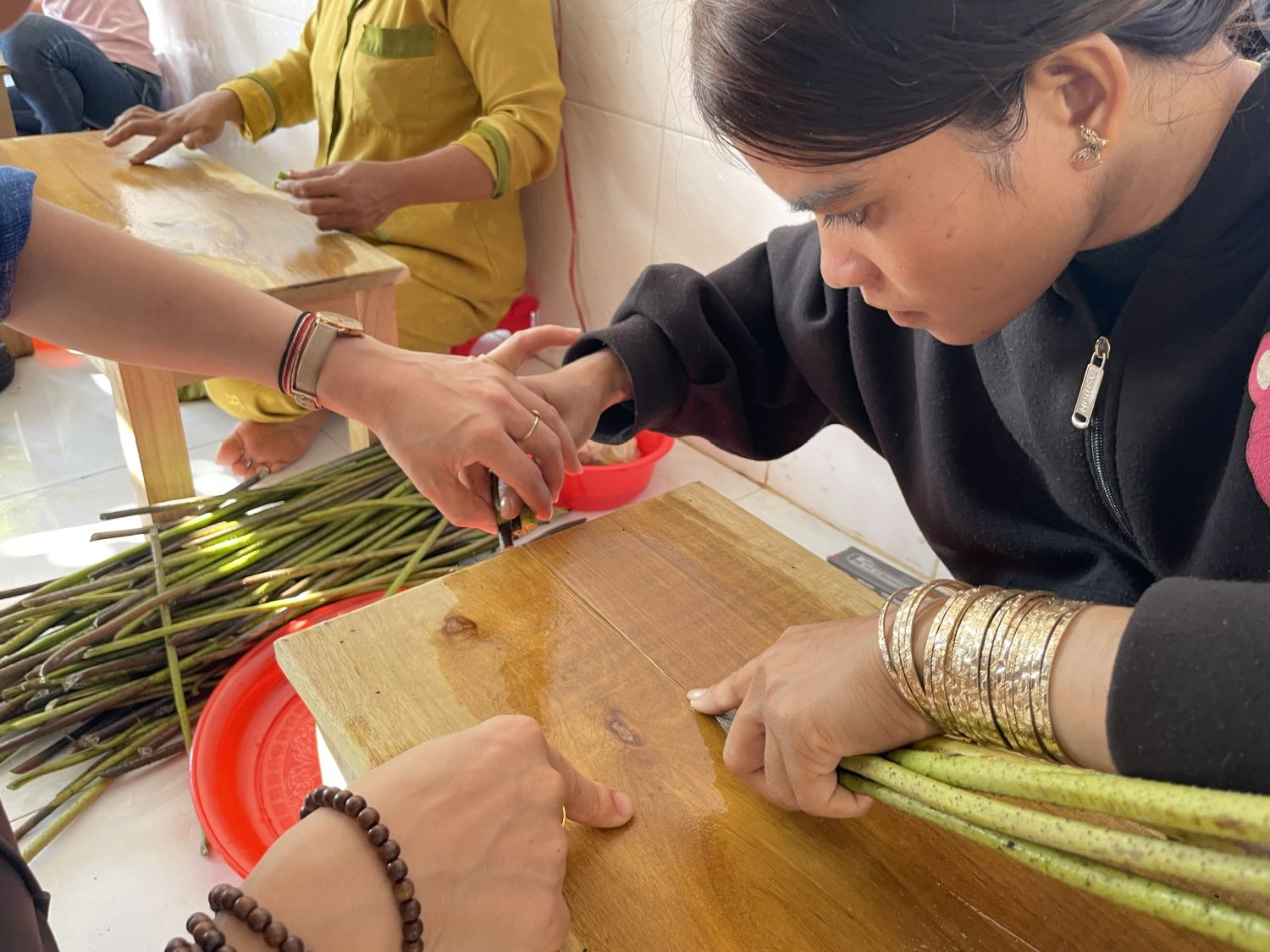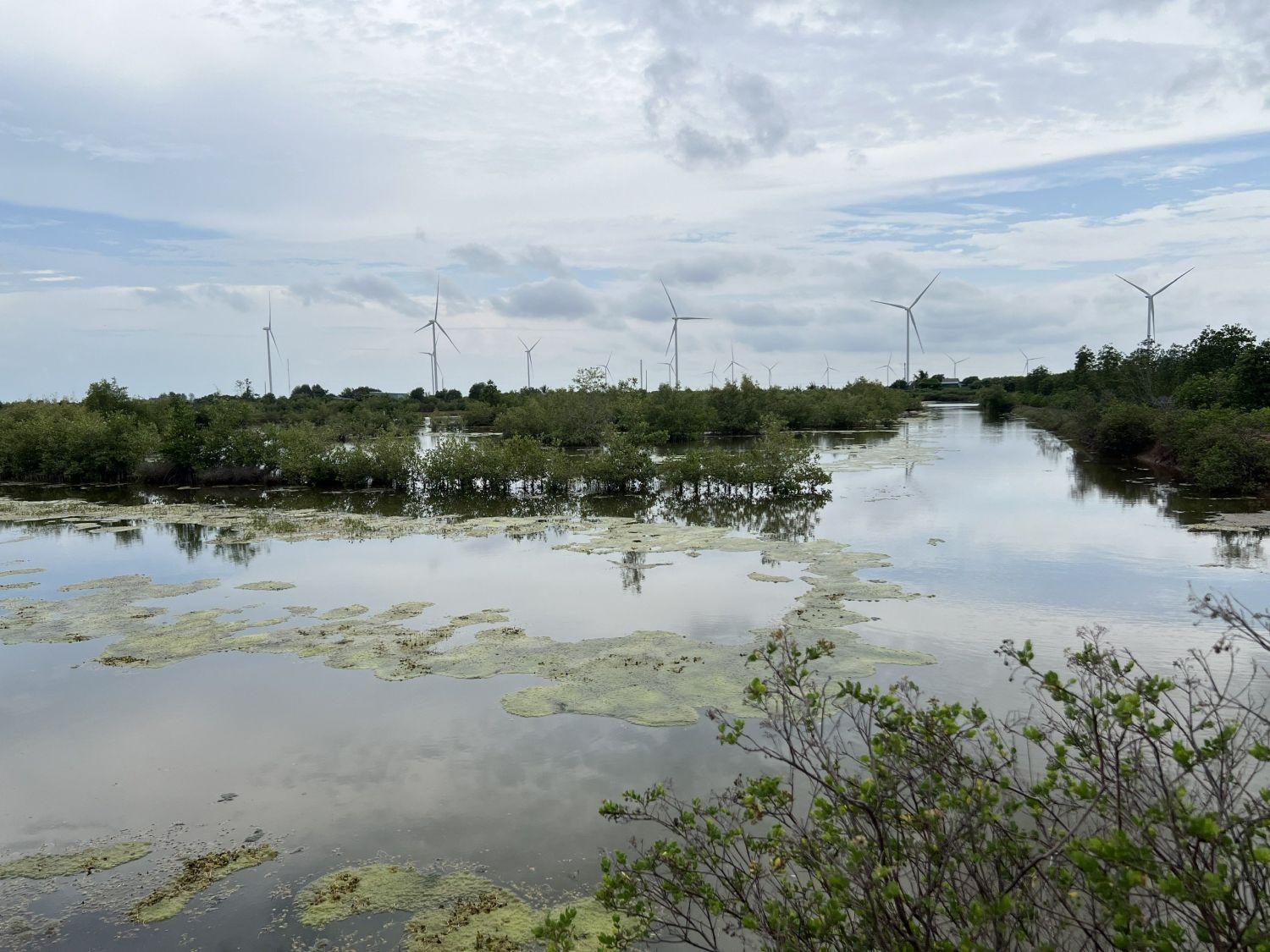New report highlights the loss of wetlands in the Lower Mekong region and the consequences for biodiversity, climate and the well-being of 250 million people
Bangkok, Thailand, 10 November 2022 (IUCN Asia Regional Office) – Without urgent and coordinated responses across the region, the fate of wetlands, their dependent species and the overall well-being of almost 250 million people will be further compromised, according to the Indo-Burma Wetland Outlook 2022, the first synthesis of the status and trends for wetlands across Cambodia, Lao PDR, Myanmar, Thailand and Viet Nam.
The report was launched today as part of the 14th Meeting of the Conference of the Contracting Parties to the Ramsar Convention on Wetlands in Geneva, Switzerland. The Ramsar Convention is an international treaty for the conservation and sustainable use of wetlands, with 172 contracting parties globally.
The Indo-Burma Wetland Outlook was developed by the Indo-Burma Ramsar Regional Initiative, a regional platform gathering governments, NGOs and academics from Cambodia, Lao People’s Democratic Republic, Myanmar, Thailand and Viet Nam, and IUCN’s Asia Regional Office, to support the implementation of the Strategic Plan of the Ramsar Convention.
The Outlook brings together the latest data to understand the current and future situation of wetlands in the region. It is the result of interviews, literature reviews, and knowledge from governments, wetlands site managers, universities, civil society organisations and communities working and living in the region.
The five countries host a rich diversity of wetlands, from high-altitude wetlands in the headwaters of the Ayeyarwady, to extensive floodplain wetlands in the Mekong River, to coral reefs, mudflats, mangroves, and seagrass beds along the coasts. The region is one of the most highly biodiverse parts of the world, reflecting its topographical, geological and climatic diversity.
Beyond their importance for biodiversity, wetlands in the region act as Nature-based Solutions and provide sustenance, livelihood support, and climate benefits to nearly a quarter of a billion people in the five countries. As an example, the wetlands of the Mekong River support fisheries providing essential protein for more than 60 million people, many of whom have depended on these resources for generations. In addition, wetlands support the production of rice, an essential source of nutrition and income for the people of the Indo-Burma region, and a major export commodity, with Myanmar, Thailand and Viet Nam amongst the world’s largest rice exporters.
The key threats identified by the Outlook include encroachment for agriculture or urbanisation, changes in hydrology due to hydropower, irrigation and other grey infrastructure, pollution from agriculture and plastic and overharvesting of wetland resources. Climate change is a compounding factor of wetland loss, particularly due to increased droughts occuring during the dry season. These threats impact the services provided by wetlands and lead to loss of biodiversity and fisheries, increased water-related disasters and impacts on infrastructure and livelihoods.
The report suggests a series of urgent actions to be implemented to prevent further degradation, ranging from improving the effectiveness of wetland governance to improving monitoring and reporting on wetland-dependent species to inform management planning.
“Understanding the current situation of wetlands in the region is key to effectively integrating wetlands within countries' agendas on biodiversity, climate change adaptation and mitigation, and food and water security” – Dr. Srey Sunleang, Chair, Indo-Burma Ramsar Regional Initiative (IBBRI) and Deputy Director General, General Directorate of Natural Protected Areas, Ministry of Environment, Cambodia
“This year is an important year for the world, with the Conference of the Contracting Parties to the Ramsar Convention on Wetlands, the UNFCCC and the CBD happening almost back to back. We hope that the recommendations in the Wetland Outlook will serve as a roadmap for countries and development partners to mainstream the importance of wetlands as Nature-based Solutions at all levels and to take the necessary actions to reverse the loss of wetlands in the region. – Mr. Raphael Glemet, Senior Programme Officer, Water and Wetlands, IUCN Asia Regional Office
For more information or to set up interviews, please contact:
Mr. Raphael Glemet, Senior Programme Officer, Water and Wetlands, IUCN Asia Regional Office
Tel: +66 2 662 4029-33 ext 138, Email: Raphael.Glemet@iucn.org
Ms. Kathryn Bimson, Programme Officer, Water and Wetlands, IUCN Asia Regional Office
Tel: +66 2 662 4029-33 ext 224, Email: Kathryn.Bimson@iucn.org



